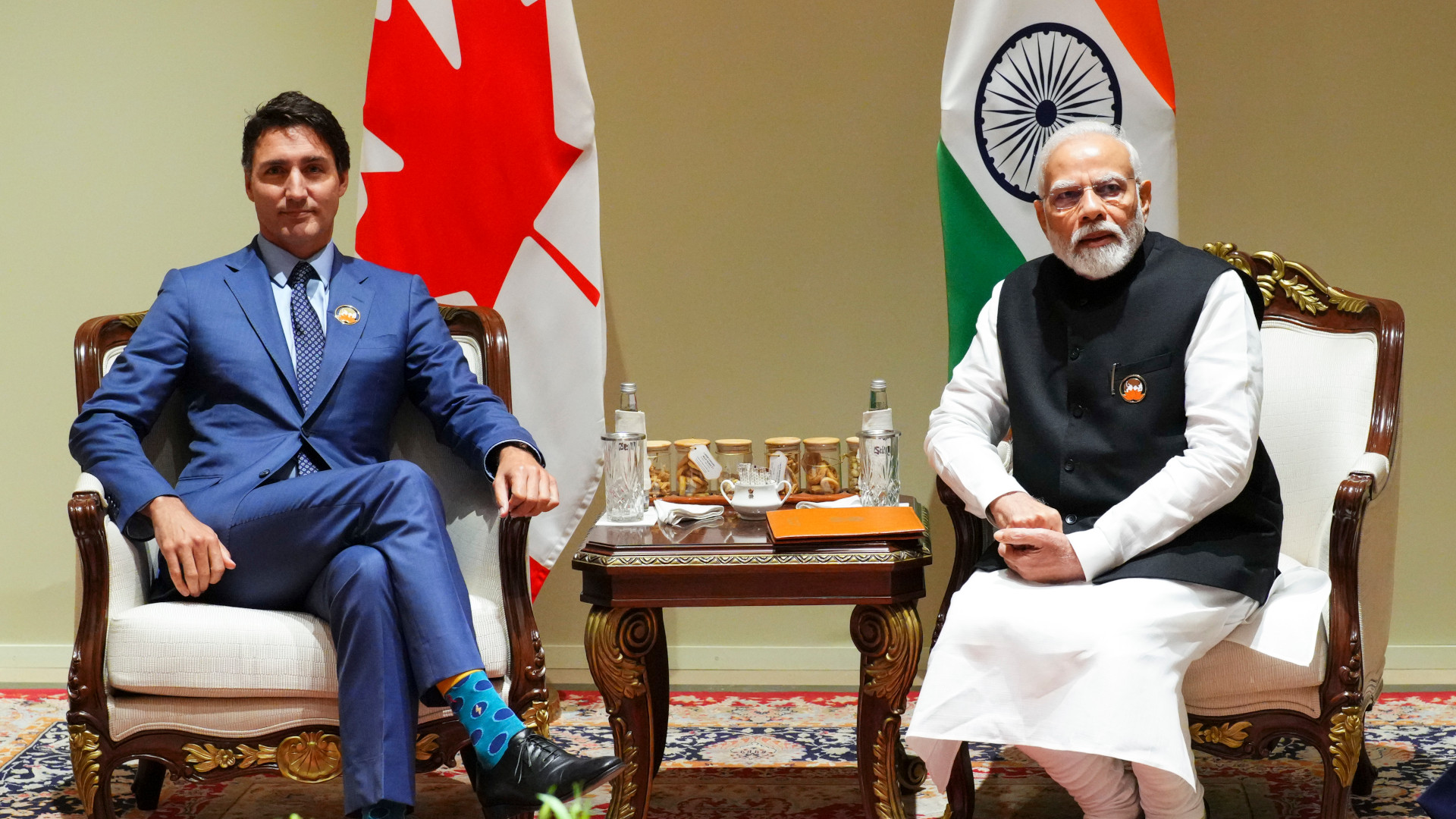
Canadian officials clarified that while strained relations with India persist, fueled by allegations of India's involvement in the killing of Khalistani leader Hardeep Singh Nijjar, they have not made any allegations connecting Indian leaders to criminal acts within Canada. The government emphasized its commitment to addressing the ongoing investigation into Nijjar's death through diplomatic channels and adherence to international legal norms.
The controversy emerged from a report that suggested Canadian authorities possessed evidence linking Indian leaders to alleged interference and activities within the country. However, Canadian authorities stated that such assertions misrepresent their diplomatic concerns, which focus on the broader implications of foreign interference rather than specific criminal allegations against any individual.
India, on the other hand, continues to reject Canada's allegations about its involvement in Nijjar’s death. Officials in New Delhi reiterated their stance that the accusations are politically motivated and lack substantive evidence. India's Ministry of External Affairs stated that the claims have not only damaged bilateral ties but also jeopardized critical areas of cooperation, including trade and security.
The diplomatic tension between Canada and India has escalated significantly in recent months. Both nations have taken measures to downscale their diplomatic presence in each other’s countries. India ordered a reduction of Canadian diplomats in New Delhi, citing concerns over their alleged interference in internal matters, while Canada urged its citizens to exercise caution when traveling to India.
The standoff has also affected trade discussions between the two nations. Canada paused negotiations for a comprehensive economic partnership agreement, citing the need to reassess priorities amidst the ongoing discord. Indian officials have dismissed Canada’s claims that the pause was due to political reasons, insisting that talks had stalled over technical disagreements.
Observers have noted that the bilateral discord has wider implications, particularly in the context of growing geopolitical alignments. Canada’s relationship with the Sikh diaspora, which forms a significant portion of its population, plays a crucial role in the domestic political landscape. Some Indian officials have accused Canadian authorities of allowing Khalistani separatist groups to operate freely, a claim Ottawa denies, emphasizing its commitment to upholding freedoms of speech and assembly while ensuring national security.
Meanwhile, Canadian security agencies have refrained from sharing specific details of their investigation into Nijjar’s killing, citing its ongoing status. This has fueled speculation and misinformation on both sides, complicating efforts to de-escalate tensions. Indian officials have urged Canada to focus on resolving the matter through established diplomatic channels rather than public accusations.
